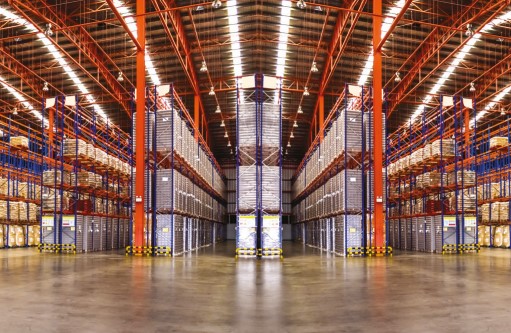An onslaught of well-documented risks are weighing on confidence amongst UK businesses, with economic concerns topping the list of boardroom woes, according to Aviva’s third annual Risk Insights Report.
Confidence in the UK economy has plummeted amongst the 1,200 participants in the study – despite which, respondents were more optimistic about their own prospects this year than they were last, with 49% saying they were “confident” about their future.
Some 63% of respondents said they are worried about the impact of the cost of living on their business, while 29% said the crisis will have a serious impact on their business.
Amid widespread economic pressures and concerns, 21% have reduced, or considered reducing, their insurance cover over the last year. Based on analysis of its own customer portfolio, Aviva estimates that 50% of UK businesses are underinsured to some degree, and that 40% of policies with buildings have at least one premises suspected to be underinsured by 20%.
Adam Winslow, CEO of Aviva UK and Ireland general insurance, said: “During 2022 cost pressures evolved into a full-blown cost-of-living crisis across the UK economy, driven by systemic inflation, the impact of the war in Ukraine and enduring post-Brexit and post-Covid pressures.
“While the risk profile for many companies has altered dramatically, many businesses have not taken action to ensure their insurance is relevant to how they operate today. Our review of policies, demonstrating that 50% of businesses are underinsured, is concerning.
Businesses that have not updated their insured value in the last couple of years are likely to find the costs of rebuilding or replacing buildings and equipment has materially increased.
“Businesses are all too aware of the impact of economic pressures on operations, but many may not appreciate the compounding effect of inflation or supply chain disruption in terms of insurance cover. Underinsurance within the SME community may not be new, but the threat it poses is now at a critical point,” Winslow explained.
“Supply chain disruption or failure may massively extend the time it would take a business to get back on its feet in the aftermath of a major incident. It is really important that companies consider this when assessing their business interruption cover and how long it would take them to return to normal operations in the event of a significant loss such as a flood or fire,” he added.
Climate change failed to appear in the top 10 risks table for the third year in a row for the sample. While the climate crisis may not feel as pressing a risk as the economic concerns highlighted in the report, businesses need to have a plan to reach net zero by 2050, in line with the UK’s climate ambitions.
YouGov carried out Aviva’s survey in September 2022 amongst professional and business services firms; manufacturing and industry; construction and real estate firms; arts, entertainment and leisure; technology; retail and wholesale; motor trade; charities; and the public sector.
Printed Copy:
Would you also like to receive CIR Magazine in print?
Data Use:
We will also send you our free daily email newsletters and other relevant communications, which you can opt out of at any time. Thank you.













YOU MIGHT ALSO LIKE